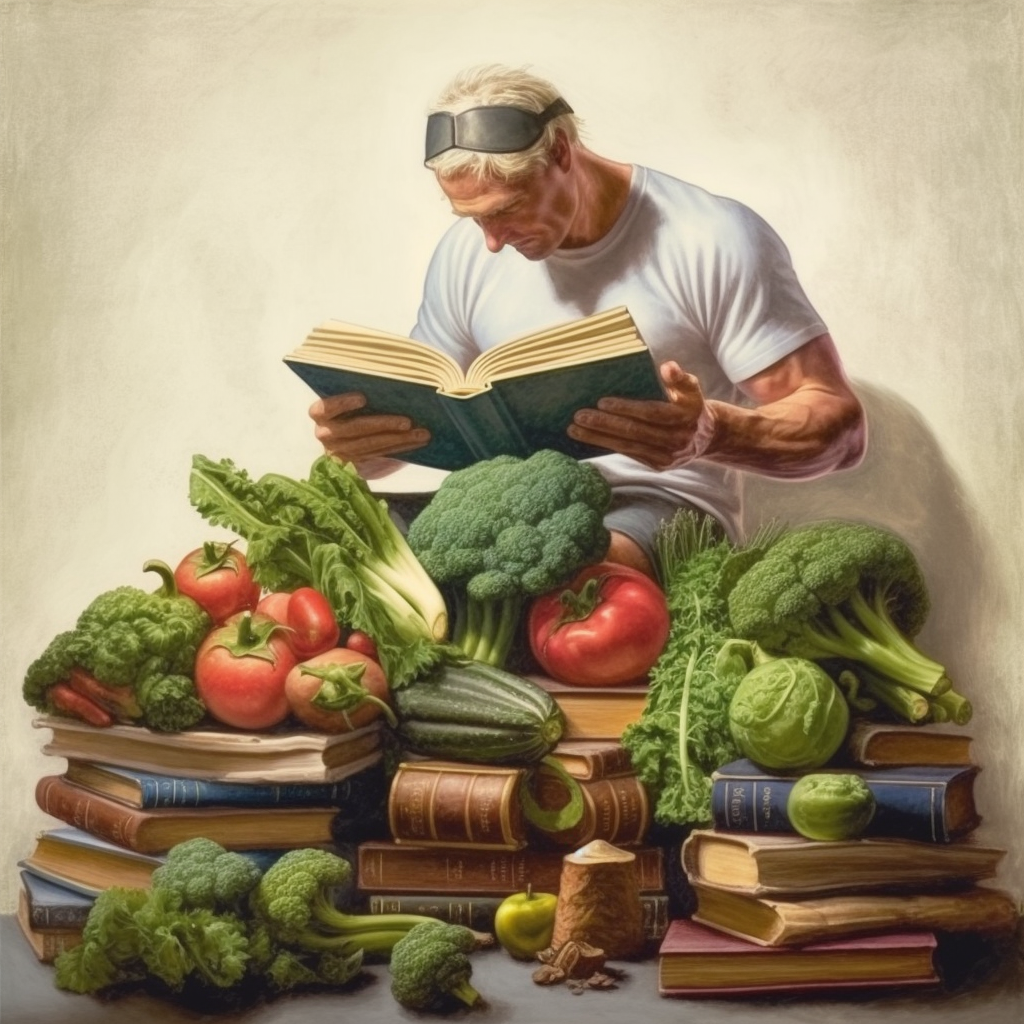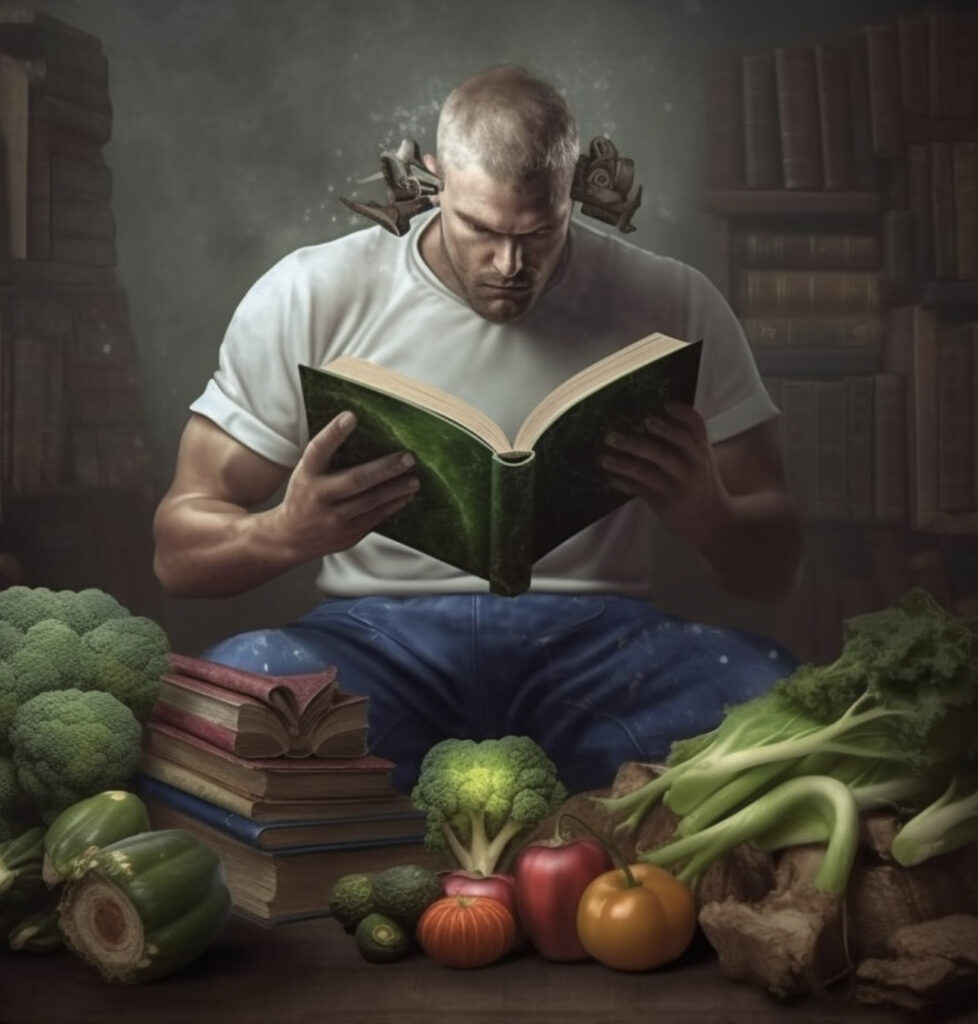Di Tran, an acclaimed author known for his inspirational books like “Drop the Me and Focus on the OTHERs” and “Guiding Lights: A Journey of Courage, Compassion, and Faith,” has made a profound statement about the tendency of individuals to use food, alcohol, or drugs as a means to cope with emotional distress. In contrast to this destructive pattern, Tran advocates for the power of self-affirmation and mental training as a healthier, more sustainable solution.
Tran’s stance is deeply rooted in his personal journey, a testament to his belief in the power of the mind. His insightful words, “We use food as the answer for mind stress, depression, and unhappiness and destroy our body with food (overload of carb and sugar) as a mean to get a short dopamine for the mind,” bear witness to his own struggles and triumphs. His experiences have led him to champion mental fortitude over physical gratification.
Central to Tran’s philosophy is the power of positive affirmation. He underscores the importance of reminding oneself, “I AM STRONG, I AM HAPPY, and I AM EXCITED” as a potent tool to replace negative thought patterns. His conviction is backed by cognitive-behavioral therapy (CBT) principles, which suggest that the consistent repetition of these statements can significantly influence one’s mental wellbeing, as explained in Aaron Beck’s “Cognitive Therapy and the Emotional Disorders.”

The idea that the mind, not the body, should be the primary focus in dealing with stress and emotional challenges underpins Tran’s argument. This belief is echoed in “Thinking, Fast and Slow” by Daniel Kahneman, who asserts that one of the few elements in life we can genuinely control is our mind.
Tran’s viewpoint offers a compelling counterpoint to the widespread societal tendency to resort to food, alcohol, or drugs as a way to cope with stress or unhappiness. These substances only provide a fleeting sense of comfort, and the overindulgence can lead to serious health problems over time. Instead, Tran suggests that self-affirmation can lead to a more lasting sense of contentment without causing harm to our physical wellbeing.
Emphasizing the importance of continual personal development, Tran’s journey is not one that ends but one that evolves every day. He affirms that the path towards overcoming reliance on harmful substances and habits is a continuous effort, requiring persistent self-affirmation and mental training. His own experiences serve as a testament to this claim, further reinforcing the viability of his approach.
In conclusion, Tran’s perspective calls for a shift from a body-centered to a mind-centered approach to managing stress and emotional instability. His journey is a testament to the transformative potential of mental training and self-affirmation. His life and works serve as a beacon, inspiring readers to acknowledge and tap into the immense potential that lies within their minds. His mantra serves as a valuable reminder that the journey to well-being is continuous and that we can strive to replace short-term, destructive comforts with healthier, more sustainable habits.



